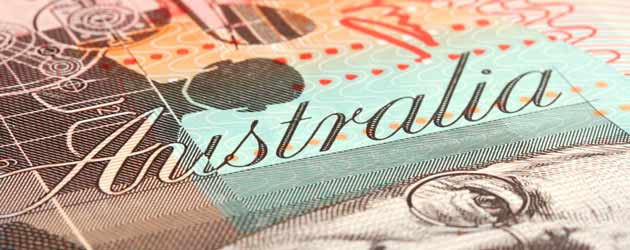
On Friday the GBP/AUD exchange rate continued to weaken as the UK currency was weighed upon by a second by-election victory for UKIP.
The Pound to Australian Dollar (GBP/AUD) exchange rate strengthened earlier on Thursday as UK Retail Sales data came in above economist expectations, reducing concerns that the nation’s economy is slowing down.
According to the London based Office for National Statistics (ONS), retail sales grew strongly in October to reverse a sharp fall in the preceding month after being supported by a rise in furniture sales and as consumers gear up for the Christmas holiday period.
The data showed that retail sales increased by 0.8% on a month on month basis, reversing the 0.4% fall from the previous month and beating economist forecasts for a rise of 0.3%. On an annual basis UK, retail sales surged by 4.3%, up from the 2.3% increase seen in the previous year and were more than expectations for an increase to 3.8%.
The ONS said that furniture sales were the biggest driver of sales last month, possibly reflecting a six-month lag between purchases of household goods and the number of mortgage approvals and house purchases, which were growing strongly earlier this year but have since cooled down.
Food sales remained weak as the nation’s major food retailers continued to wage a price war as they struggle to compete with low price completion.
The Australian Dollar meanwhile was being weighed upon by more disappointing data out of China and falling commodity prices. Against the US Dollar, the ‘Aussie’ slumped back to its lowest level in four years.
The price of iron ore, Australia’s largest exported commodity fell to just US$70per tonne for the first time since July 2009.
‘The fall in the iron ore price will eventually feed in through the terms of trade and that’s a story that’s been a long time coming,’ said a currency strategist from Bank of New Zealand.

